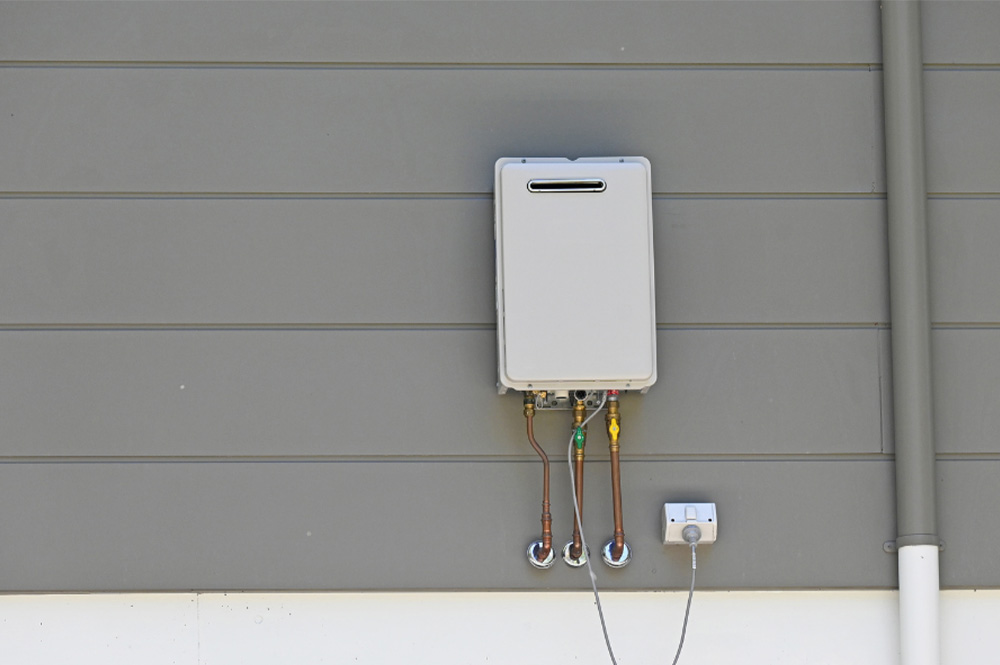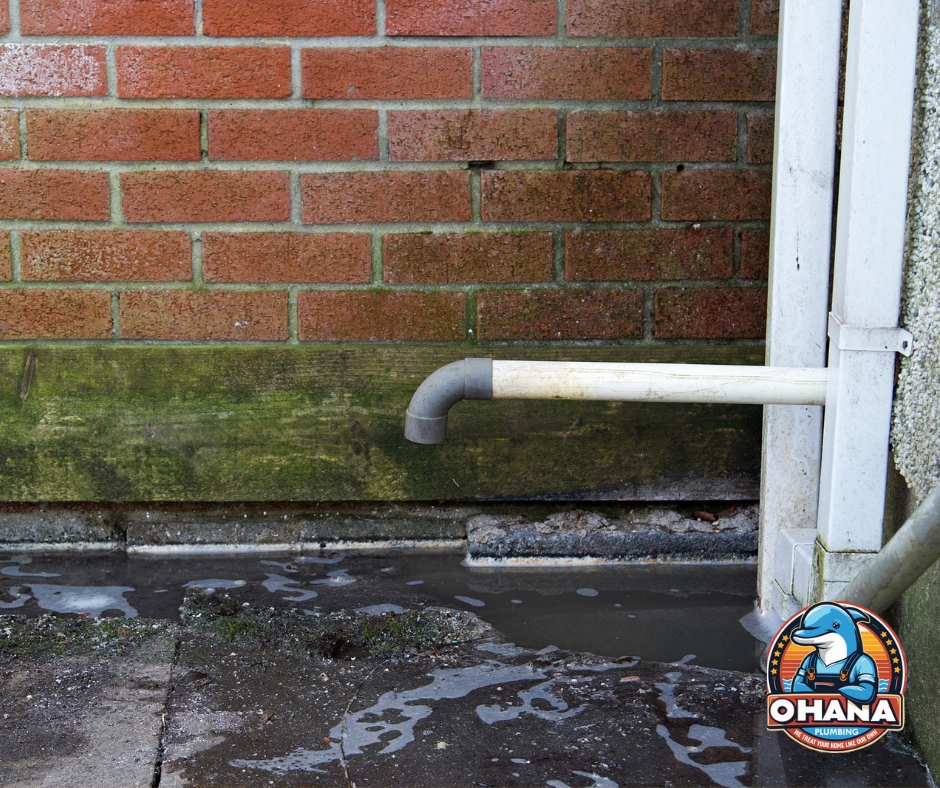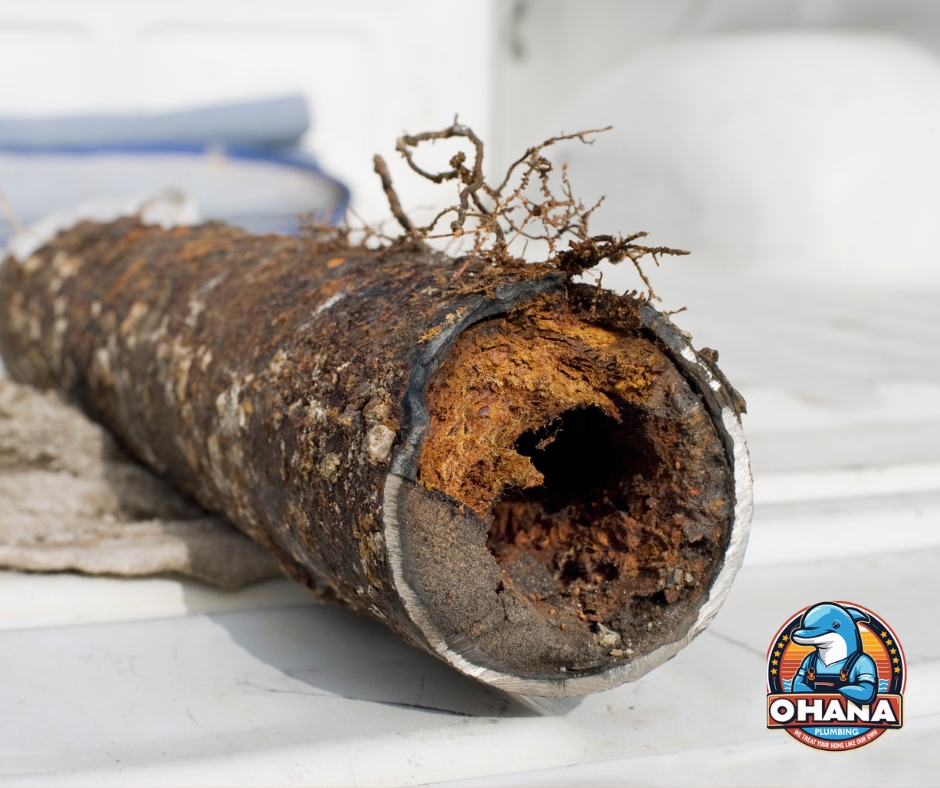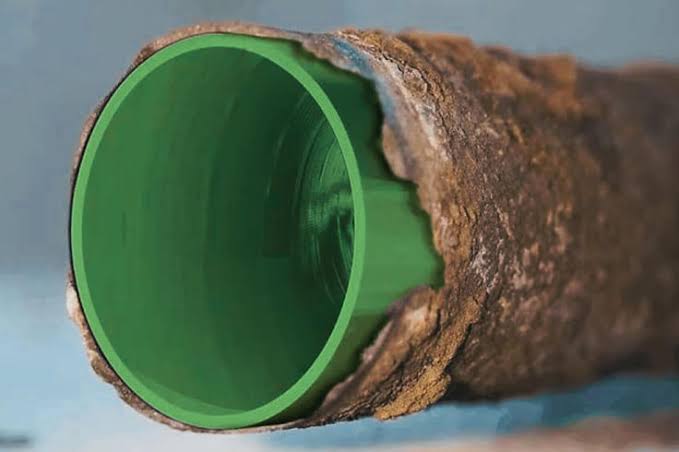When it comes to heating water for your home, one of the biggest decisions you’ll face is choosing between gas and electric hot water systems. Both options have their pros and cons, and the best choice depends on various factors, including your household needs, budget, and energy efficiency preferences. In this blog, we’ll explore the differences between gas and electric hot water systems to help you make an informed decision.
Understanding the Basics
Gas Hot Water Systems
Gas hot water systems use natural gas or propane to heat water. They typically consist of a storage tank or continuous flow unit that heats water on demand.
Electric Hot Water Systems
Electric hot water systems utilize electricity to heat water. Like gas systems, they can be storage tank systems or instantaneous (or on-demand) systems that heat water as it passes through.
Comparing Gas and Electric Hot Water Systems
1. Efficiency and Operating Costs
- Gas Systems:
- Efficiency: Generally more efficient than electric systems, as gas heats water faster and can be cheaper to run, especially in areas with lower gas prices.
- Operating Costs: Gas systems tend to have lower operating costs, leading to savings on energy bills in the long run.
- Electric Systems:
- Efficiency: Electric systems can be less efficient, especially if using older models. However, newer electric heat pump systems can be quite efficient.
- Operating Costs: Electric systems may have higher operating costs, particularly if electricity prices are high in your area.
2. Initial Installation Costs
- Gas Systems:
- Typically have higher upfront installation costs due to the need for gas lines and proper venting.
- However, they often provide a quicker return on investment through lower energy bills.
- Electric Systems:
- Generally cheaper to install, especially if your home is already equipped with electrical systems.
- No need for gas lines or venting can lead to lower initial costs.
3. Availability of Fuel Source
- Gas Systems:
- Require a natural gas or propane supply. If you live in a remote area or where natural gas is unavailable, this could be a significant drawback.
- Check local regulations and availability before choosing a gas system.
- Electric Systems:
- Can be installed almost anywhere, provided there’s access to electricity. This makes them a versatile option for homes in various locations.
4. Hot Water Recovery Rate
- Gas Systems:
- Usually offer faster recovery rates, meaning they can heat water more quickly after you’ve used hot water. This is especially beneficial for larger households with higher hot water demands.
- Electric Systems:
- Tend to have slower recovery rates, which can be an issue during peak usage times. You might find yourself running out of hot water if you have a high demand for it.
5. Environmental Impact
- Gas Systems:
- Generally produce fewer greenhouse gas emissions compared to electric systems powered by fossil fuels. However, this depends on how the natural gas is sourced and transported.
- Electric Systems:
- Their environmental impact largely depends on how the electricity is generated. If it comes from renewable sources, electric systems can be more environmentally friendly.
6. Maintenance and Longevity
- Gas Systems:
- Require regular maintenance, including checking gas lines and ensuring proper ventilation. However, they tend to last longer than electric systems if well-maintained.
- Electric Systems:
- Generally require less maintenance, but their lifespan can be shorter compared to gas systems, depending on usage and quality.
Conclusion: Which is Better?
The choice between gas and electric hot water systems ultimately depends on your specific needs, preferences, and circumstances.
- Choose Gas If:
- You want faster heating and recovery rates, lower operating costs, and have access to natural gas or propane.
- Choose Electric If:
- You prefer a lower upfront cost, easier installation, and have concerns about gas availability or safety.
Need Help Deciding? Contact Ohana Plumbing!
If you’re still unsure about which hot water system is right for your home, contact Ohana Plumbing today! Our experienced team can provide personalized advice based on your specific needs and help you choose the best option for your household. Don’t hesitate to reach out for reliable service and expert guidance!









